Pituitary tumors are abnormal growths located in the pituitary gland, a small gland at the base of the brain. These tumors can be non-cancerous (adenomas) or, in rare cases, cancerous.
Depending on how large or small they are and hormone-secreting capabilities, pituitary tumors can cause various symptoms, including hormone imbalances, such as changes in menstrual cycles or growth abnormalities, vision problems, and headaches. The cause of pituitary tumors is often unknown, but certain genetic conditions and hormonal imbalances may contribute to their development.
Treatment options include medication, surgery, and radiation therapy.


